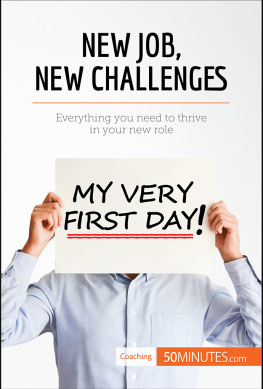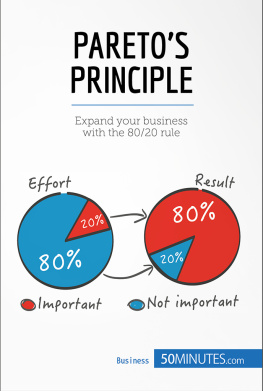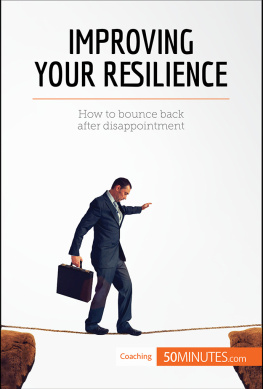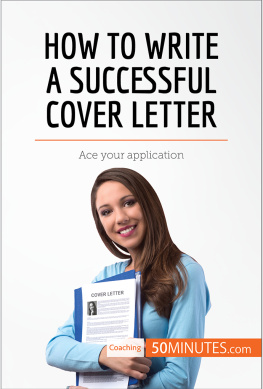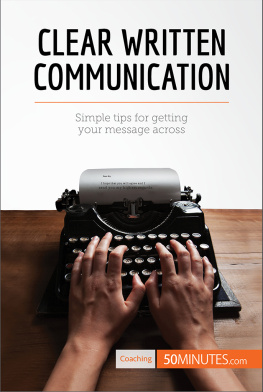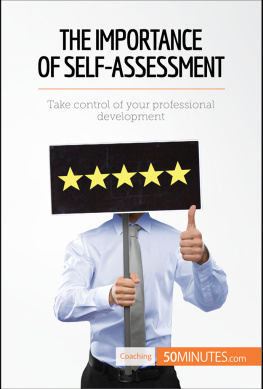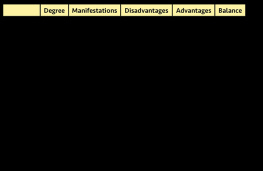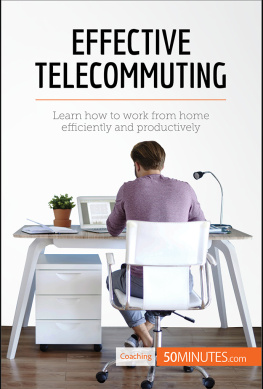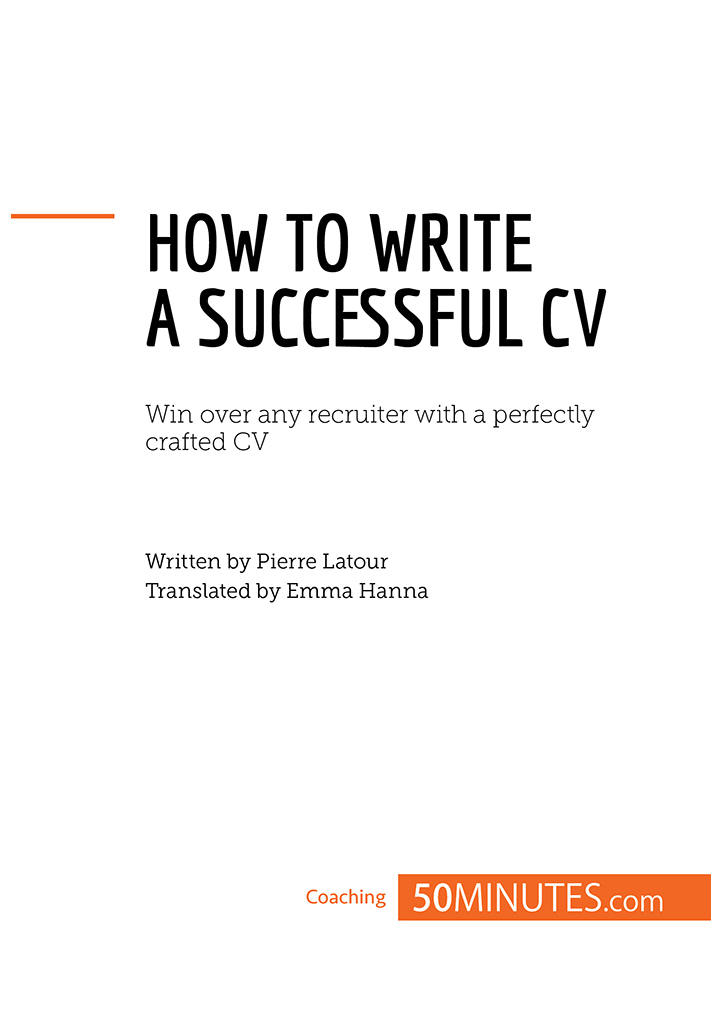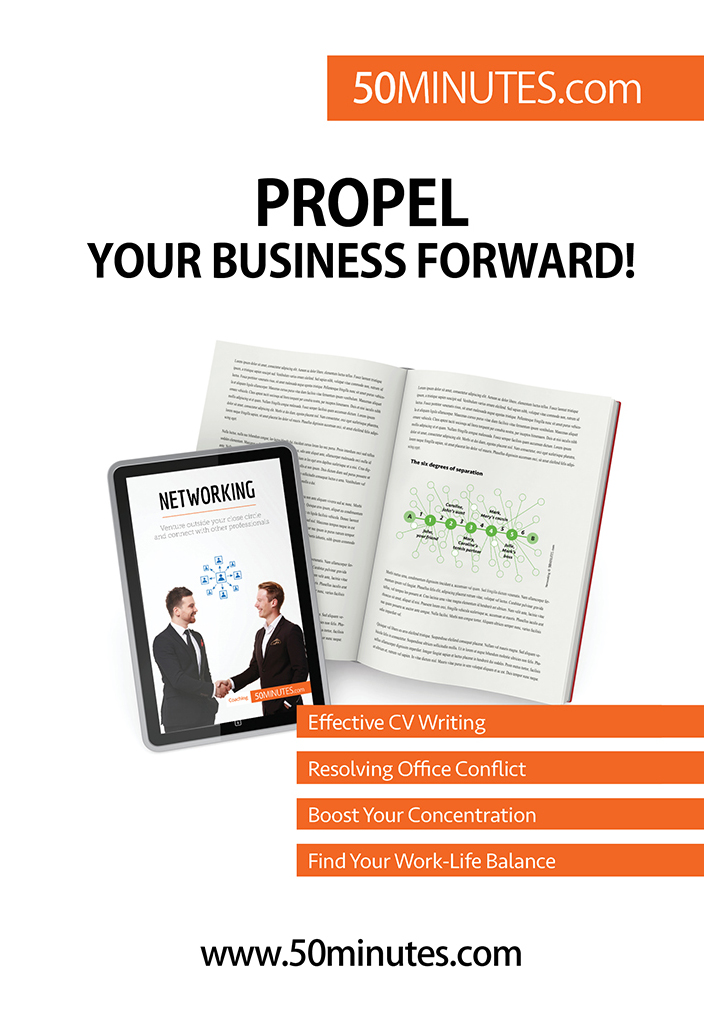Whether you have just finished your studies or you are between jobs, your curriculum vitae a Latin phrase which can be translated as the course of [your] life should now be your greatest ally in the professional world. In addition to giving anyone who reads it a clear idea of your training and experience, your CV should demonstrate your capabilities and reflect your ability to put your ideas and ambitions into words.
This means that neglecting your CV is a fatal mistake which should be avoided at all costs. However, if you take control of the situation, you will be ready to show your future employer that they need you and that you are the most suitable candidate for the job you are applying for.
Job hunting: the basics
In the world of work, your CV will act as your letter of introduction to any employer who does not know you. No matter how inconsequential your CV may seem, it plays a crucial role when you apply for a job: it is the first thing a recruiter will look at, and it plays the role of your initial sales pitch. At this stage, it is imperative to use every weapon at your disposal in order to make a good impression.
Your CV will have to adhere to certain standards regarding the quality of both its form and its content in order to capture a recruiters full attention. If you respect these conventions, your potential employer is more likely to give your application the consideration it deserves and notice more of the details in your profile.
Convince them!
Reading a CV
A study carried out by the Canadian website Workopolis in 2014 showed that going paperless has caused a fundamental shift in the way recruiters treat CVs. The study revealed that nearly 60% of Canadian employers devoted 11 seconds or less to reading the CVs they received online or via their application programmes. The same study showed that 80% of CVs were discarded after the first reading, conclusively proving that the form and content of an application are critically important.
Submitting a CV, whether by post or online, is the first step in the recruitment and selection process. The goal is to present your profile to your employer in an effective manner, highlighting your strengths and your future prospects in order to make them take an interest in you. Always keep in mind that you need to convince the recruiter that you fit the required profile for the position on offer! Given how little time the recruiter will devote to reading your CV, there can be no doubt that writing it is no trivial matter.
It is all a question of making your CV stand out from those sent in by other candidates (of whom there will doubtless be many). This is no small feat, given that you will not only have to make it clear that you have the skills and knowledge that the position requires, but also that your profile has an edge over those of the other candidates. This can be particularly tricky to achieve when applying for posts without a recommendation from another employee or an acquaintance to boost your chances.
A CV is not a substitute for an interview
While writing your CV, do not forget that you could be called in for an interview. In this situation, your CV will remain your greatest ally, as it will give the recruiter an overview of your profile and your professional and academic path thus far at a glance, provided it is well written and structured. The impression the recruiter is left with upon reading your CV will indirectly colour the way they view your application as a whole.
You should also bear in mind that a recruiter may bring up any of the details you include in your CV, in which case you will have to explain their relevance to the position you are applying for. As such, padding out or falsifying your CV is inadvisable, as a trick question during the interview could easily catch you out and ruin your chances of getting the job. It is better to highlight your genuine skills and strengths.
Make sure your CV fits the bill
The purpose of a CV is to convince the recruiter of your worth at a glance, meaning that you must give an effective overview of your education, professional history and personal life (where relevant). This will allow any potential employer to understand the specific strengths and qualities that make your profile unique. If the recruiter reaches this point and decides to read your CV more closely, it is vital that you make this task easier for them by structuring all the information clearly. Every detail should indicate further added value.
To maximise your chances of being called in for an interview and progressing through the recruitment process, your CV should be adapted to the post that you are applying for; in other words, you should make sure to emphasise the skills which are in line with the job on offer. At this stage, it is crucial to get a clear idea of the company that you are applying to for example, via their website so that you can understand their vision and values and therefore structure your own arguments in a way that resonates with them.
Once you have completed your analysis of the company, move on to drawing up a list of all the defining characteristics of your professional trajectory thus far, ranging from the most trivial to the most meaningful experiences, then use the position you are applying for to help you select the most relevant parts of that list to include when writing your CV. This approach means that it is worthwhile to start writing a new CV from scratch and to review each stage of your trajectory so that you have a better idea of which experiences and elements to highlight based on the job in question.
This approach has multiple advantages:
- you gain familiarity with the content of your CV;
- you gain experience in the process of writing a CV.
The essentials
Naturally, your CV should include a full list of your contact details, allowing a potential employer to get in touch with you quickly and easily, whether to arrange a face-to-face interview or for a telephone interview. It is particularly important to include:
- your full name;
- your date of birth;
- your address;
- your email address (use a professional-sounding address, e.g. name.surname@xxx.com);
- your telephone number (mobile or landline).
Extra information



